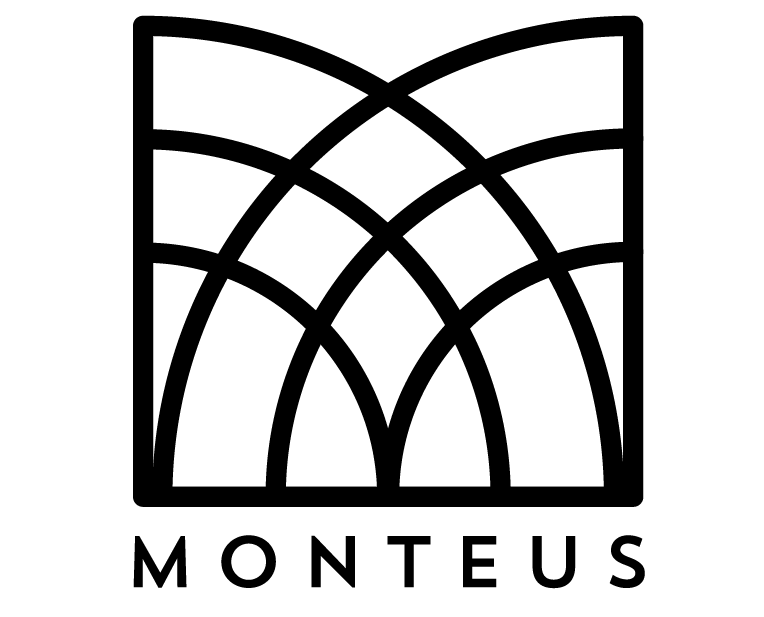Merchant Cash Advance
A merchant cash advance (MCA) is a type of financing that allows a business to sell a percentage of its future credit card sales in exchange for an upfront cash payment. The MCA provider advances the business a lump sum of cash, and in return, the business agrees to repay the advance by allowing the provider to take a percentage of its daily credit card sales until the advance is paid back in full.
Merchant cash advances are typically more expensive than other forms of financing, such as bank loans, because they carry higher fees and interest rates. They are also typically easier to obtain than other types of financing, especially for businesses that may have trouble obtaining traditional financing due to poor credit or a lack of collateral.
Merchant cash advances can be a useful source of funding for businesses that need cash quickly and do not have access to other forms of financing. However, it is important for businesses to carefully consider the terms of the advance and ensure that they will be able to make the required daily payments without causing financial strain on their operations.
Pros and Cons of Merchant Cash Advance
Pros of a merchant cash advance:
- Quick access to cash: One of the biggest advantages of a merchant cash advance is that it can provide businesses with quick access to cash when they need it. This can be especially useful for businesses that are facing a short-term cash flow shortage and need to cover expenses or take advantage of a business opportunity.
- Easy to qualify: Merchant cash advances are often easier to qualify for than traditional bank loans, which can be helpful for businesses that may have poor credit or a lack of collateral.
- Flexibility: With a merchant cash advance, the amount that is repaid is based on a percentage of the business’s daily credit card sales. This means that the business can pay more when sales are higher and less when sales are lower, providing some flexibility in terms of repayment.
Cons of a merchant cash advance:
- Expensive: Merchant cash advances are generally more expensive than other forms of financing due to higher fees and interest rates. This can make them less appealing for businesses that are looking for a more cost-effective source of financing.
- Short repayment period: Most merchant cash advances have a relatively short repayment period, which can be challenging for businesses that are struggling to generate consistent revenue.
- Risk of overpayment: If a business experiences a period of slow sales, it may end up paying back more than the original advance amount due to the percentage-based repayment structure.
- Limited use of funds: Some merchant cash advance providers may have restrictions on how the funds can be used, which can limit the business’s flexibility in terms of how it uses the financing.
Example of Merchant Cash Advance
Imagine a small retail store that has been in business for a few years and has a good track record of credit card sales. The owner of the store is considering expanding the business by adding a new location, but needs some additional funding to cover the costs of the expansion.
The owner decides to pursue a merchant cash advance, and after evaluating a few different options, they choose a provider that offers an advance of $50,000 in exchange for taking a percentage of the store’s daily credit card sales until the advance is paid back in full. The owner estimates that the store’s average daily credit card sales are around $1,000, so they agree to a repayment rate of 15% of daily sales.
Under this arrangement, the store owner will receive an upfront payment of $50,000, which they will use to cover the costs of the expansion. The merchant cash advance provider will then take 15% of the store’s daily credit card sales until the advance is paid back in full.
If the store’s daily credit card sales are consistent at $1,000, it will take the store approximately 50 days to repay the advance in full. If the store’s sales are higher or lower than expected, it will take longer or shorter to repay the advance.
It’s important to note that this is just one example of a merchant cash advance, and the terms and conditions of these types of financing can vary significantly from one provider to another.
Other Terms for Merchant Cash Advance
Some other terms that are often used to refer to merchant cash advances include:
- Credit card receivable financing: This term refers to the process of selling a percentage of future credit card sales in exchange for an upfront payment.
- Cash advance on credit card sales: This term is similar to a merchant cash advance and refers to the process of selling a percentage of future credit card sales in exchange for a cash advance.
- Business cash advance: This term is often used to refer to merchant cash advances and other types of financing that provide businesses with quick access to cash.
- Merchant financing: This term can refer to a variety of financing options available to businesses, including merchant cash advances, business loans, and other types of funding.
- Alternative financing: This term is often used to describe financing options that are outside of the traditional banking system, such as merchant cash advances, online loans, and peer-to-peer lending.
